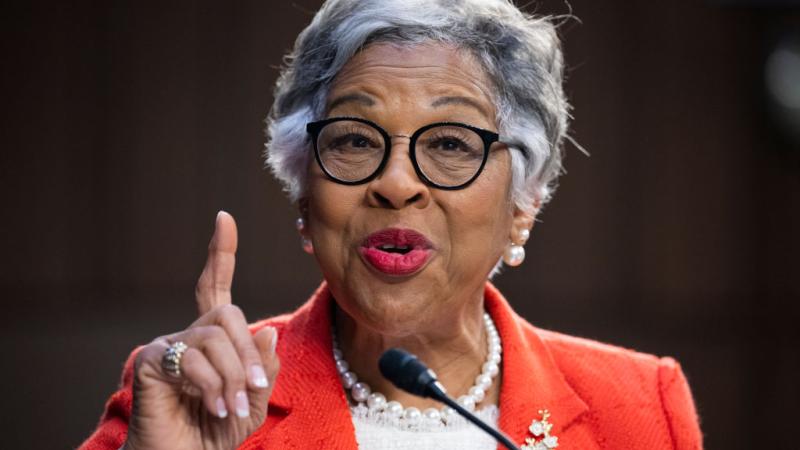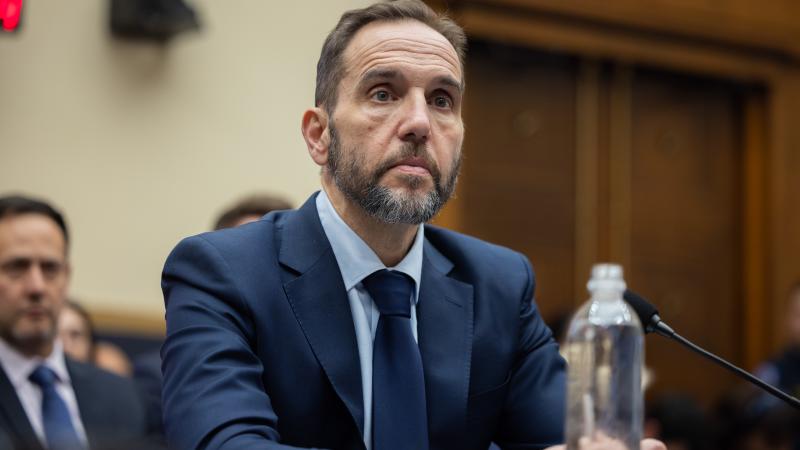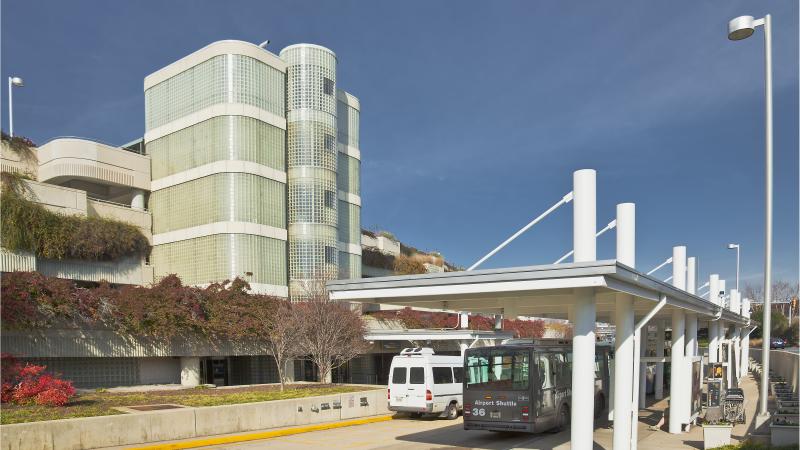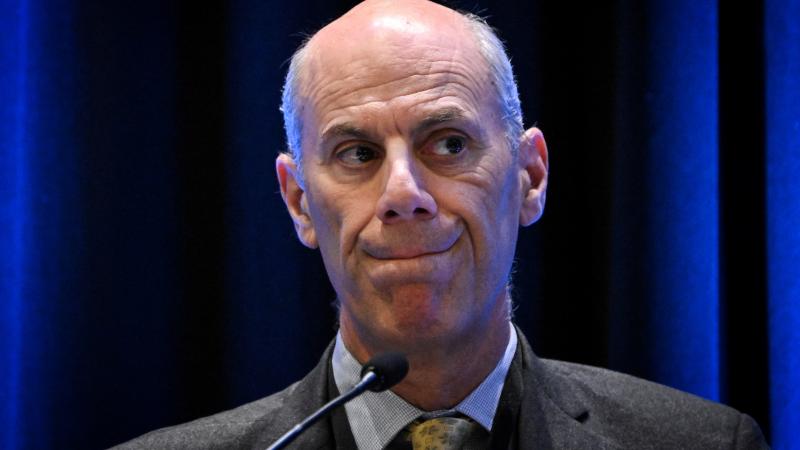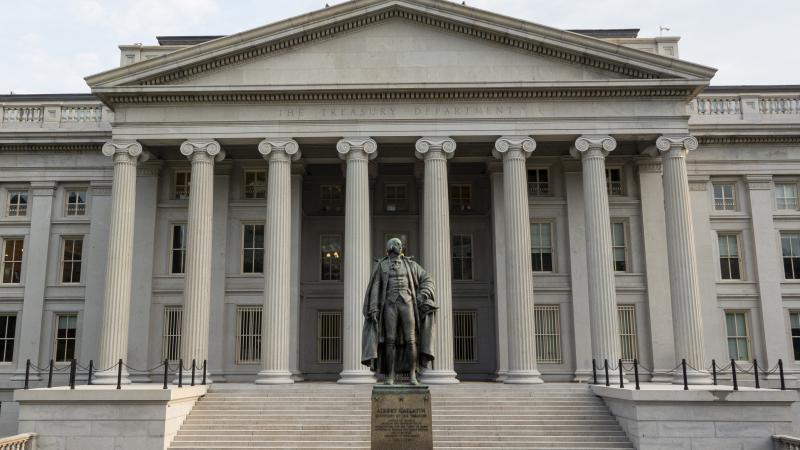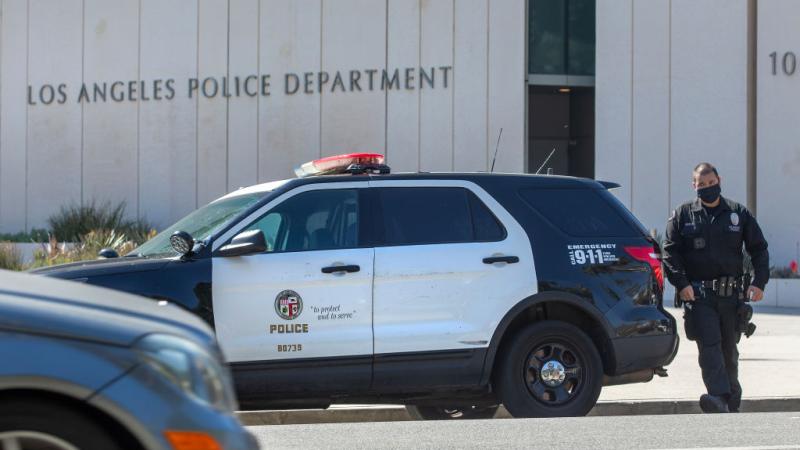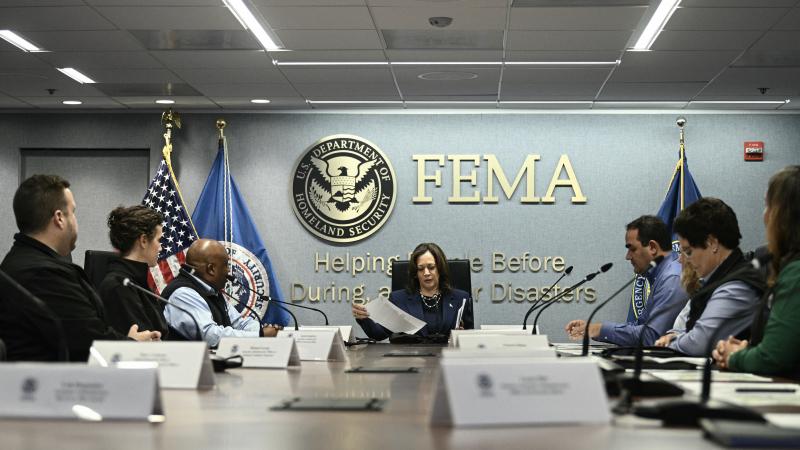Congress considers federal student loan borrowing limits for GOP budget reconciliation bill
Senate Republicans believe the caps could save taxpayers at least $300 billion.
Congress is considering borrowing limits for federal student loans in the GOP budget reconciliation bill.
As the Senate works on passing its version of the already-passed House version, both chambers agree on limiting how much money can be borrowed for student loans. However, the chambers appear to disagree on how much, The Hill news outlet reported. Senate Republicans believe the caps could save taxpayers at least $300 billion.
The House bill would limit parents of undergraduates to borrowing $50,000 total for federal Parent PLUS loans, but the Senate's proposal would cap the loans at $65,000 per student. There is currently no limit on these loans, which let parents borrow up to the full cost of attendance so they can pay for their children's education without adding debt to the students' names. These loans usually have less favorable terms.
Parents in more than 3.7 million families owed over $104 billion through the federal Parent PLUS loan program in 2022, according to the progressive think tank the Century Foundation.
In 2022, parents in more than 3.7 million families owed over $104 billion through the federal Parent PLUS loan program, according to the Century Foundation, a progressive think tank. The median debt burden that parents carried was roughly $29,600.
Grad PLUS loans that students can get for graduate school would be capped at $100,000 for most master's programs, according to the GOP budget bill. The House legislation would limit the loans to $150,000 for professional degrees, like law or medical school, while the Senate plan would cap them at $200,000. Students can borrow up to the full cost of attendance, currently.
In 2024, a total of 42.7 million students have federal loan debt, with the outstanding federal student loan balance at $1.69 trillion. Most student loan debt in the U.S. is federal, which represents 92.2% of the total, compared to 7.79% that is private, according to the Education Data Initiative.
Earlier this month, when announcing the Senate's plan, Louisiana GOP Sen. Bill Cassidy said, “American higher education has lost its purpose. Students are graduating with degrees that won’t get them a job and insurmountable debt that they can’t pay back.”
